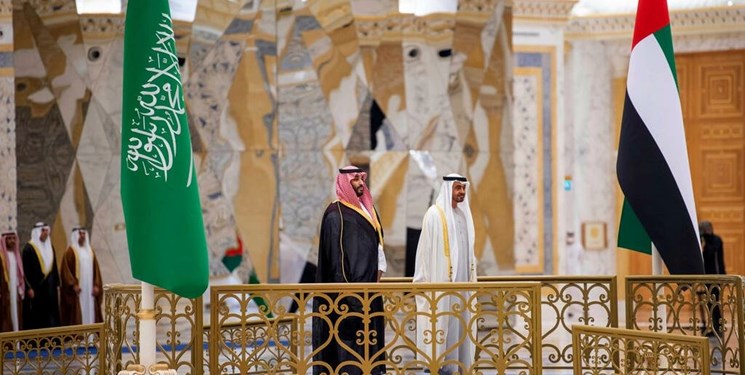The Ukraine crisis highlighted the differences between Riyadh and Abu Dhabi with Washington.
Despite efforts by Riyadh and Abu Dhabi to hide differences with the United States, developments in Ukraine have progressed in a way that has highlighted their differences.
The Ukraine-Russia war, meanwhile, has exposed the rift between Saudi Arabia and the United Arab Emirates and the United States, which until recently seemed unlikely to be a point of contention between the two main US allies in the Middle East.
“The rich Gulf states, which host US forces on their soil and have been in a stable alliance with the United States for decades, wrote in a report quoted by AFP this afternoon (Thursday),” France 24 news website reported this afternoon (Thursday). “They did not take a stand in support of President Joe Biden’s government attempt to stifle Moscow, from energy to diplomacy.”
According to some analysts, the new stance, which stemmed from a series of disputes, including the assassination of Jamal Khashgechi, a reporter for the Washington Post by the Saudis in Turkey, marks a turning point in the countries’ relations with Washington.
“This is more than a practical development,” Anne Goddell, an expert on the Persian Gulf and a researcher at the French think tank Montaigne, told AFP. “This moment is certainly an important point in the relationship [between the Gulf countries] and the United States.”
Gaddle adds that the Gulf states “know they need to pave the way for a different Middle East, and the balance of power is generally changing.”
AFP reports that the UAE, which currently chairs the Security Council, last month refused to vote on a US-Albanian plan to condemn Russia’s invasion of Ukraine. The Ukraine war, meanwhile, has pushed up energy costs, and the Gulf states – so far – have resisted Western pressure to increase oil production to curb the unbridled price of black gold.









